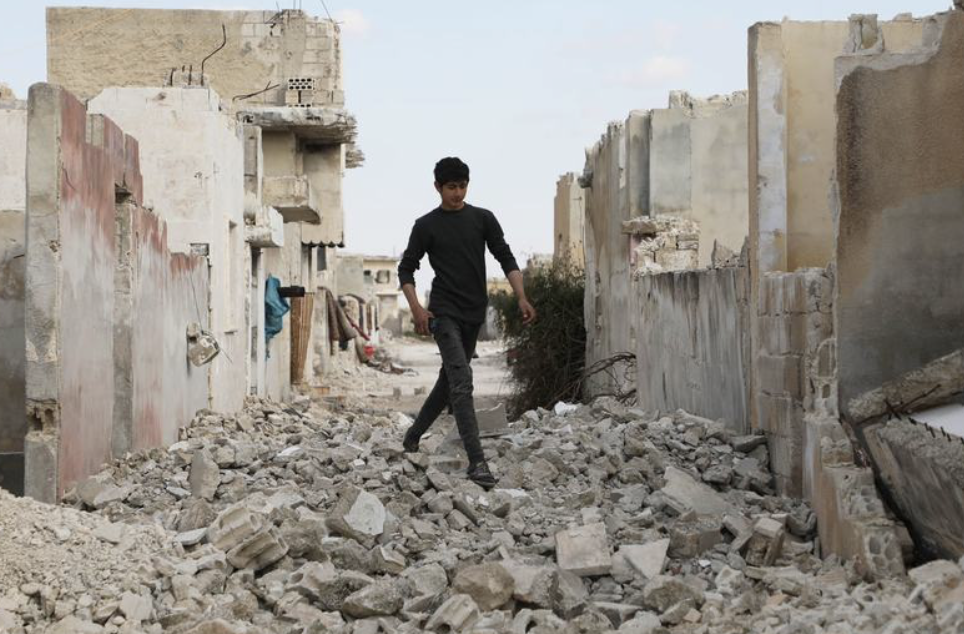Syria’s healthcare system is struggling to rebuild after 14 years of war with massive infrastructure damage, healthcare worker shortages, and political divisions. Violence, especially in Druze-majority Sweida, worsens humanitarian access and security, complicating recovery efforts and minority protection.
Syria’s healthcare system faces immense challenges as it seeks to rebuild following a devastating 14-year civil war that claimed over 300,000 lives and left 70% of its population reliant on humanitarian aid. The new government, led by President Ahmed Al-Shaara, prioritizes health system stabilization but struggles with limited financing and a significant shortage of healthcare workers, many of whom fled the country during the conflict. Nearly 40% of Syria’s healthcare infrastructure was destroyed, and much of its medical equipment is outdated, having last been updated in 2011. The government’s efforts to restore health services are further hampered by ongoing political fragmentation and disparities across regions.
The southern governorate of Sweida, predominantly Druze, has recently been a flashpoint of violence, with over 1,400 people killed and 175,000 displaced amid clashes involving Bedouin militias and government forces. The region remains under siege, experiencing severe shortages of food, water, and fuel, with limited humanitarian aid access. Allegations of extra-judicial killings and abductions have been reported, raising grave human rights concerns. UN Syria Envoy Geir Pedersen and other international observers have highlighted these abuses and the volatility in Sweida, emphasizing the need for humanitarian access and protection of minority groups.
For Syria’s health minister, Dr. Musaab Nazzal al-Ali, rebuilding trust and governance remains a major challenge, as the conflict has fractured systems and communities. His government is seeking to re-establish international partnerships and rebuild health facilities, but donor fatigue and restrictions—such as the recent dismantling of USAID’s Syria programs—limit available support. Experts caution against relying solely on humanitarian aid, advocating instead for sustainable health system strengthening with lessons drawn from post-conflict nations like Liberia. Comparatively, Iraq’s health recovery, despite international aid, remains incomplete and uneven, underscoring the complexities Syria faces.
The conflict has deeply affected Syrians’ mental health, with estimates suggesting up to half the population experiences symptoms related to mental health conditions. Political persecution and displacement have decimated the healthcare workforce, creating a critical human resource gap. While the new government aspires to transition from emergency response to sustainable healthcare provision, it must also address the fragile security environment. Ethnic and religious minorities such as the Druze and Alawites face targeted violence and persecution, exacerbating humanitarian crises and complicating efforts to stabilize regions like Sweida.
Despite these daunting challenges, Syrian authorities emphasize ongoing reconstruction efforts and international cooperation as key to rebuilding the health sector. However, political volatility and humanitarian restrictions continue to undermine progress. Ensuring equitable access to healthcare and aid for all Syrians, especially vulnerable minorities in conflict-affected areas under siege, will remain crucial as Syria endeavors to heal from over a decade of conflict and suffering.


